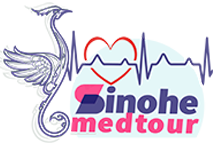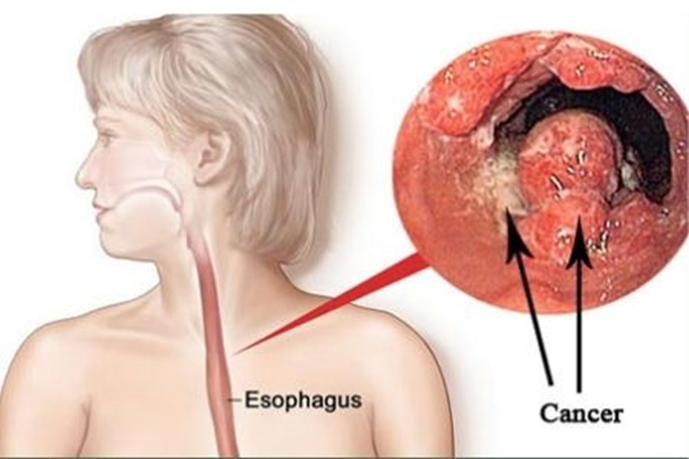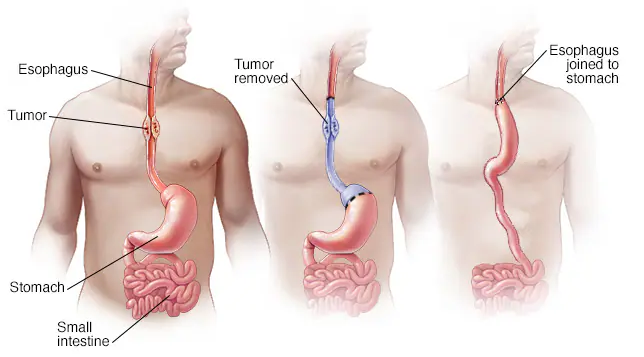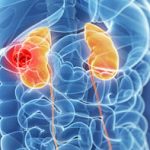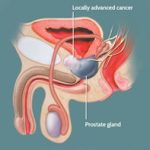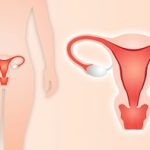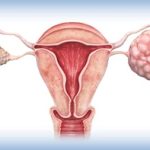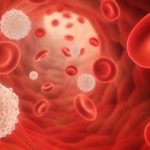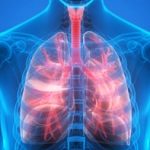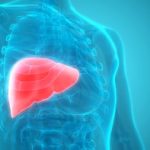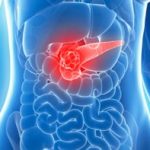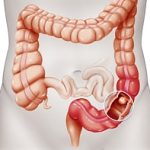Esophageal Cancer Treatment
Treatments for esophageal obstruction and difficulty swallowing (dysphagia) can include:
- Relieving esophageal obstruction. If your esophageal cancer has narrowed your esophagus, a surgeon may use an endoscope and special tools to place a metal tube (stent) to hold the esophagus open. Other options include surgery, radiation therapy, chemotherapy, laser therapy and photodynamic therapy.
- Providing nutrition. Your doctor may recommend a feeding tube if you’re having trouble swallowing or if you’re having esophagus surgery. A feeding tube allows nutrition to be delivered directly to your stomach or small intestine, giving your esophagus time to heal after cancer treatment.
Chemotherapy
Chemotherapy is drug treatment that uses chemicals to kill cancer cells. Chemotherapy drugs are typically used before (neoadjuvant) or after (adjuvant) surgery in people with esophageal cancer. Chemotherapy can also be combined with radiation therapy.
In people with advanced cancer that has spread beyond the esophagus, chemotherapy may be used alone to help relieve signs and symptoms caused by the cancer.
The chemotherapy side effects that you experience depend on which chemotherapy drugs you receive.
Radiation therapy
Radiation therapy uses high-energy beams, such as X-rays and protons, to kill cancer cells. Radiation typically will come from a machine outside your body that aims the beams at your cancer (external beam radiation). Or, less commonly, radiation can be placed inside your body near the cancer (brachytherapy).
Radiation therapy is most often combined with chemotherapy in people with esophageal cancer. It’s typically used before surgery, or occasionally after surgery. Radiation therapy is also used to relieve complications of advanced esophageal cancer, such as when a tumor grows large enough to stop food from passing to your stomach.
Side effects of radiation to the esophagus include sunburn-like skin reactions, painful or difficult swallowing, and damage to nearby organs, such as the lungs and heart.
Combined chemotherapy and radiation
Combining chemotherapy and radiation therapy may enhance the effectiveness of each treatment. Combined chemotherapy and radiation may be the only treatment you receive, or combined therapy can be used before surgery. But combining chemotherapy and radiation treatments increases the likelihood and severity of side effects.
Targeted drug therapy
Targeted drug treatments focus on specific weaknesses present within cancer cells. By blocking these weaknesses, targeted drug treatments can cause cancer cells to die. For esophageal cancer, targeted drugs are usually combined with chemotherapy for advanced cancers or cancers that don’t respond to other treatments.
Immunotherapy
Immunotherapy is a drug treatment that helps your immune system to fight cancer. Your body’s disease-fighting immune system might not attack cancer because the cancer cells produce proteins that make it hard for the immune system cells to recognize the cancer cells as dangerous. Immunotherapy works by interfering with that process. For esophageal cancer, immunotherapy might be used when the cancer is advanced, cancer has come back or the cancer has spread to other parts of the body.
Alternative medicine
Complementary and alternative therapies may help you cope with the side effects of cancer and cancer treatment. For instance, people with esophageal cancer may experience pain caused by cancer treatment or by a growing tumor. Your doctor can work to control your pain by treating the cause or with medications. Still, pain may persist, and complementary and alternative therapies may help you cope.
Options include:
- Acupuncture
- Guided imagery
- Massage
- Relaxation techniques
Ask your doctor whether these options are safe for you.
Coping and support
Coping with the shock, fear and sadness that come with a cancer diagnosis can take time. You may feel overwhelmed just when you need to make crucial decisions. With time, each person finds a way of coping and coming to terms with the diagnosis.
Until you find what brings you the most comfort, consider trying to:
- Find out enough about esophageal cancer to make decisions about your care. Ask your doctor for the specifics about your cancer, such as its type and stage. And ask for recommended sources of information where you can learn more about your treatment options. The National Cancer Institute and the American Cancer Society are good places to start.
- Stay connected to friends and family. Your friends and family can provide a crucial support network for you during your cancer treatment. As you begin telling people about your esophageal cancer diagnosis, you’ll likely get offers for help. Think ahead about things you may like help with, whether it’s having someone to talk to if you’re feeling low or getting help preparing meals.
- Find someone to talk to. You might have a close friend or family member who’s a good listener. Or talk to a counselor, medical social worker, or pastoral or religious counselor.
Consider joining a support group for people with cancer. You may find strength and encouragement in being with people who are facing the same challenges you are. Ask your doctor, nurse or social worker about groups in your area. Or try online message boards, such as those available through the American Cancer Society.
Preparing for your appointment
If your family doctor suspects you have esophageal cancer, you may be referred to a number of doctors who will help evaluate your condition. Your health care team may include doctors who:
- Evaluate the esophagus (gastroenterologists)
- Treat cancer with chemotherapy and other medications (oncologists)
- Perform surgery (surgeons)
- Use radiation to treat cancer (radiation oncologists)
To get the most from your appointment, it’s a good idea to be well prepared. Here’s some information to help you get ready, and to know what to expect from your doctor.
What you can do
- Be aware of any pre-appointment restrictions. When you make the appointment, ask if there’s anything you need to do in advance, such as restrict your diet.
- Write down any symptoms you’re experiencing, including any that may seem unrelated to the reason for which you scheduled the appointment.
- Write down key personal information, including any major stresses or recent life changes.
- Make a list of all medications, vitamins or supplements you’re taking.
- Consider taking a family member or friend along. Someone who accompanies you may remember something that you missed or forgot.
- Write down questions to ask your doctor.
Preparing a list of questions will help you make the most of your time with your doctor. For esophageal cancer, some basic questions to ask your doctor include:
- Where is my esophageal cancer?
- How advanced is my cancer?
- Can you explain the pathology report to me?
- What other tests do I need?
- What are my treatment options?
- What are the potential side effects of each treatment option?
- Is there one treatment option you feel is the best?
- What would you recommend to a friend or family member in my situation?
- Should I see a specialist?
- Are there any brochures or other printed material that I can take with me? What websites do you recommend?
- What will determine whether I should plan for a follow-up visit?
